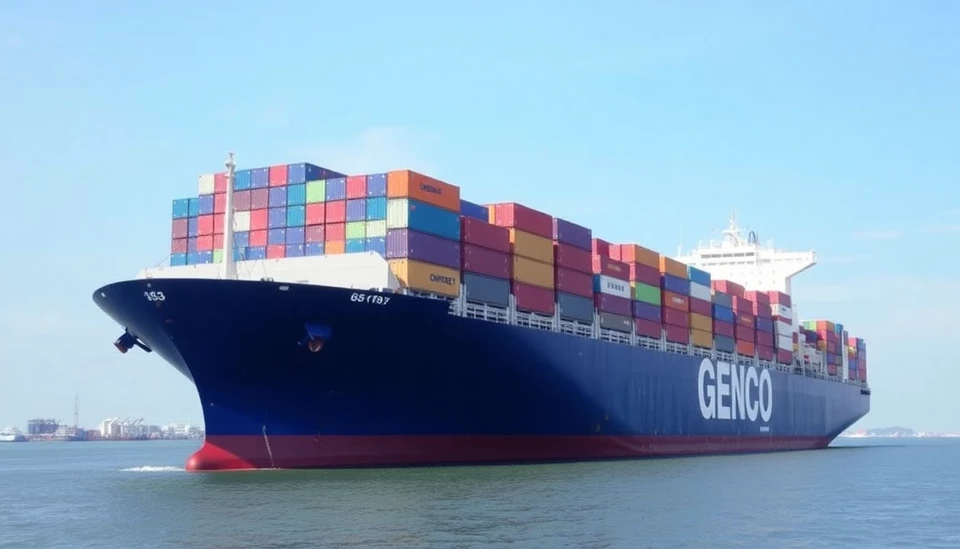
In a significant move that could reshape trade dynamics, Genco Shipping and Trade Ltd. has announced plans to reposition its fleet in anticipation of increased shipping costs due to proposed fees by the U.S. government on vessels operating between the United States and China. The shipping industry, already facing challenges from supply chain disruptions, may see further complications as tariffs on shipping services are considered in the ongoing trade disputes.
The proposed fees are part of broader trade negotiations between the U.S. and China, where both nations are attempting to recalibrate their economic relations following years of tension. Genco has stated that should these fees come into effect, they will pass on the additional costs to their clients, potentially impacting shipping rates for a variety of goods between the two countries.
This move by Genco highlights the company's proactive approach to managing operational costs while prioritizing its profitability amidst fluctuating trade policies. In a recent earnings briefing, Genco's executives reiterated their commitment to navigating the uncertain waters of international trade, emphasizing the need to adapt quickly as government regulations evolve.
Industry experts believe that the proposed fees could escalate shipping costs significantly, leading to increased prices for consumers. Genco's strategy to reposition its vessels could involve optimizing shipping routes or increasing operational efficiencies, allowing the company to absorb some costs without heavily burdening its customers.
Moreover, experts warn that if the U.S. implements increased shipping fees, it could inspire retaliatory measures from China, further straining the already fragile trade relationship. The concerns have led many within the shipping industry to anticipate a volatile market environment in the coming months.
The U.S.-China trade war has had ripple effects across various sectors, and the shipping industry is no exception. With Genco leading the charge in adapting to potential changes, it remains to be seen how other shipping companies will respond to these developments. The company's readiness to tackle this challenge may very well set a precedent for others navigating similar uncertainties in global trade.
As the situation develops, stakeholders across the shipping sector are encouraged to stay informed on further announcements regarding the proposed fees, which could significantly impact logistical strategies and pricing structures going forward.
In summary, Genco Shipping's decision to move vessels and potentially pass on costs associated with new shipping fees reflects the ongoing complexities of international trade relations, pointing toward a future where adaptability is key for survival in the maritime industry.
#GencoShipping #ShippingFees #TradeWar #USChinaRelations #SupplyChain #Logistics #MaritimeIndustry
Author: Victoria Adams




